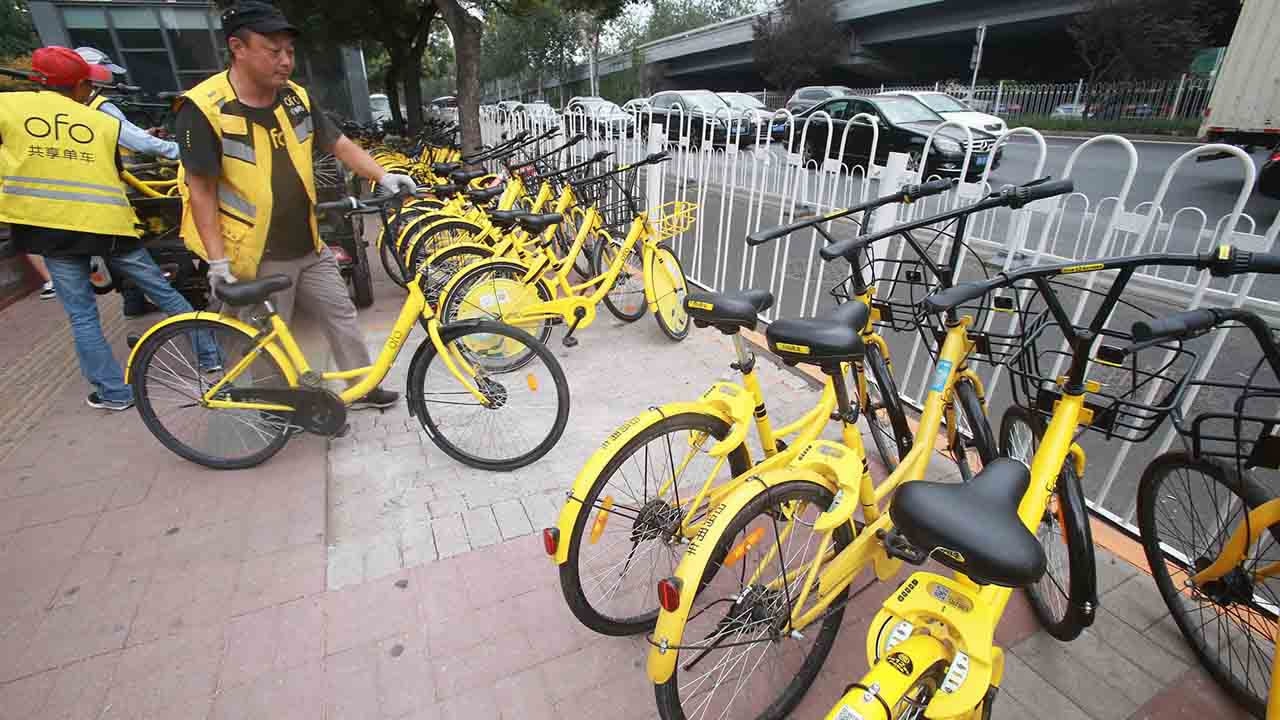
China
22:24, 03-Aug-2017
Bike-sharing craze prompts safety concerns, urban management problems

The bike-sharing industry in China has exploded from virtually nothing about a year ago into an urban transport phenomenon. With more two-wheelers flooding city streets, the booming industry has also led to many urban management challenges. Some even raise safety concerns.
This March, a boy was struck and killed by a bus at a busy intersection in Shanghai while riding a shared bike. This is the first known fatality involving a rental bike user, and has put bike-sharing operators in the hot seat.
The incident sparked hot debate over whether bike-rental services in China’s loosely regulated market are in any way liable for the death of the 11-year-old.
On Thursday, transportation authorities announced that rental bikes should not be accessible to children under 12 and the service providers should buy injury insurance for users.
The industry earns positive marks for its convenience, innovation and encouragement of low-carbon transportation. But complaints are rising with the soaring number of users, jammed traffic, blocked roads and chaotic parking.
According to the guidelines, more designated parking areas should also be set up. And other guidelines like real-name registration should help keep bike-sharing rolling along.

SITEMAP
Copyright © 2018 CGTN. Beijing ICP prepared NO.16065310-3
Copyright © 2018 CGTN. Beijing ICP prepared NO.16065310-3